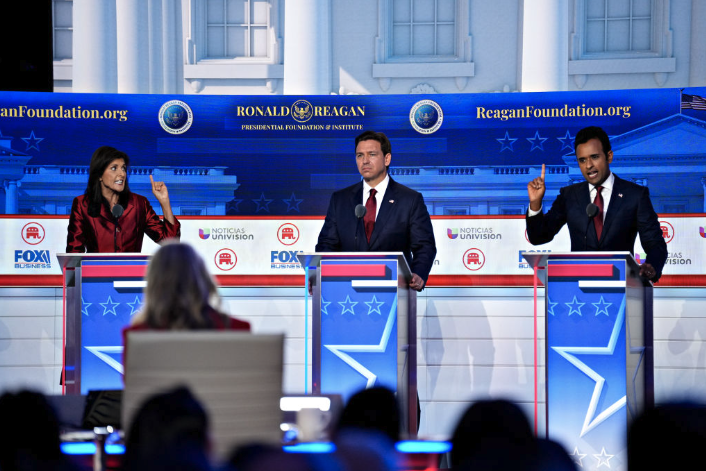The idea that the U.S. should use military force against drug cartels in Mexico has become increasingly popular among legislators and candidates from the Republican Party. During the second Republican debate, for example, Ron DeSantis promised to send the U.S. military into Mexico to take on the drug cartels. What could go wrong? Numerous analysts have pointed out that such talk of war is not only misguided and dangerous, but also has the potential to seriously strain US-Mexico ties—precisely at a time when a functioning bilateral relationship is crucial to strengthening trade ties and addressing issues such as migration and transnational crime.
Yet while the proposal is unlikely to be put in practice considering the massive risks involved and the lack of appetite among the American public for another “forever war”—the topic has the potential not only to negatively affect the United States’ ties to Mexico, but to Latin America more generally. Just like in 2019, when US President Trump called military intervention in Venezuela “an option”, even Latin American leaders friendly to the United States will see no other option but to close ranks and unite behind the Mexican president. Back in 2019, even Colombia’s President Iván Duque and Brazil’s President Jair Bolsonaro, keen to deepen ties to Trump and eager to weaken Maduro, rejected any talk of US military intervention outright—largely due to the dangerous precedent it would create. Despite their strong antipathy to Maduro, Brazil’s military leaders thus sided with the Venezuelan leader.
Today’s discussion about military intervention in Mexico has the potential to do far more damage than Trump’s veiled threats about invading Venezuela back in 2019. After all, the United States is initiating a presidential campaign—the…









